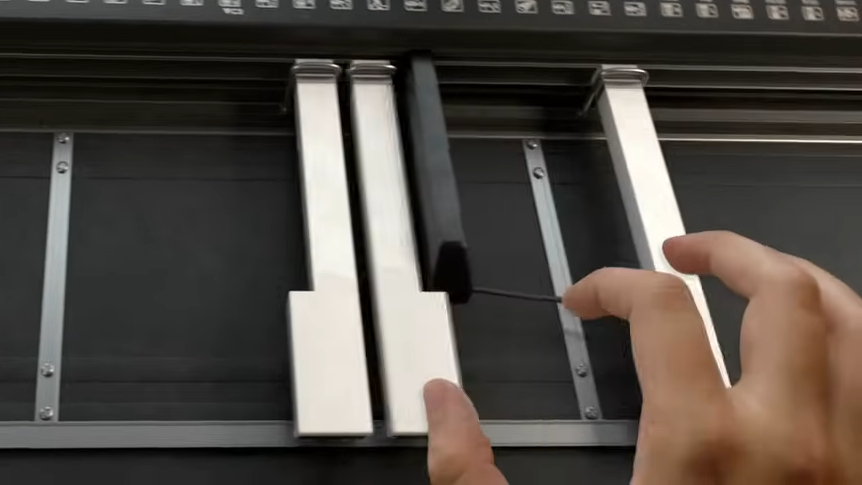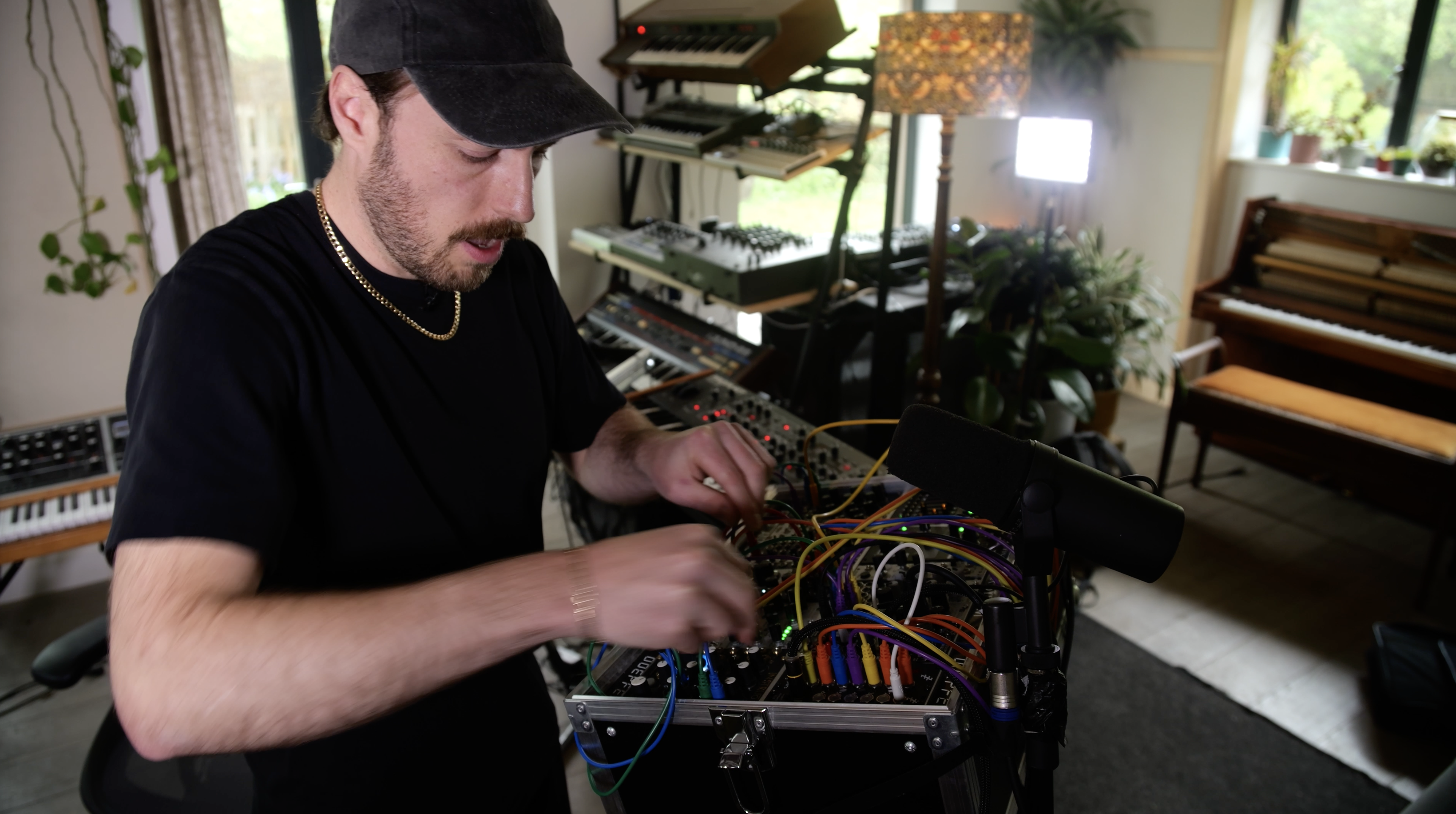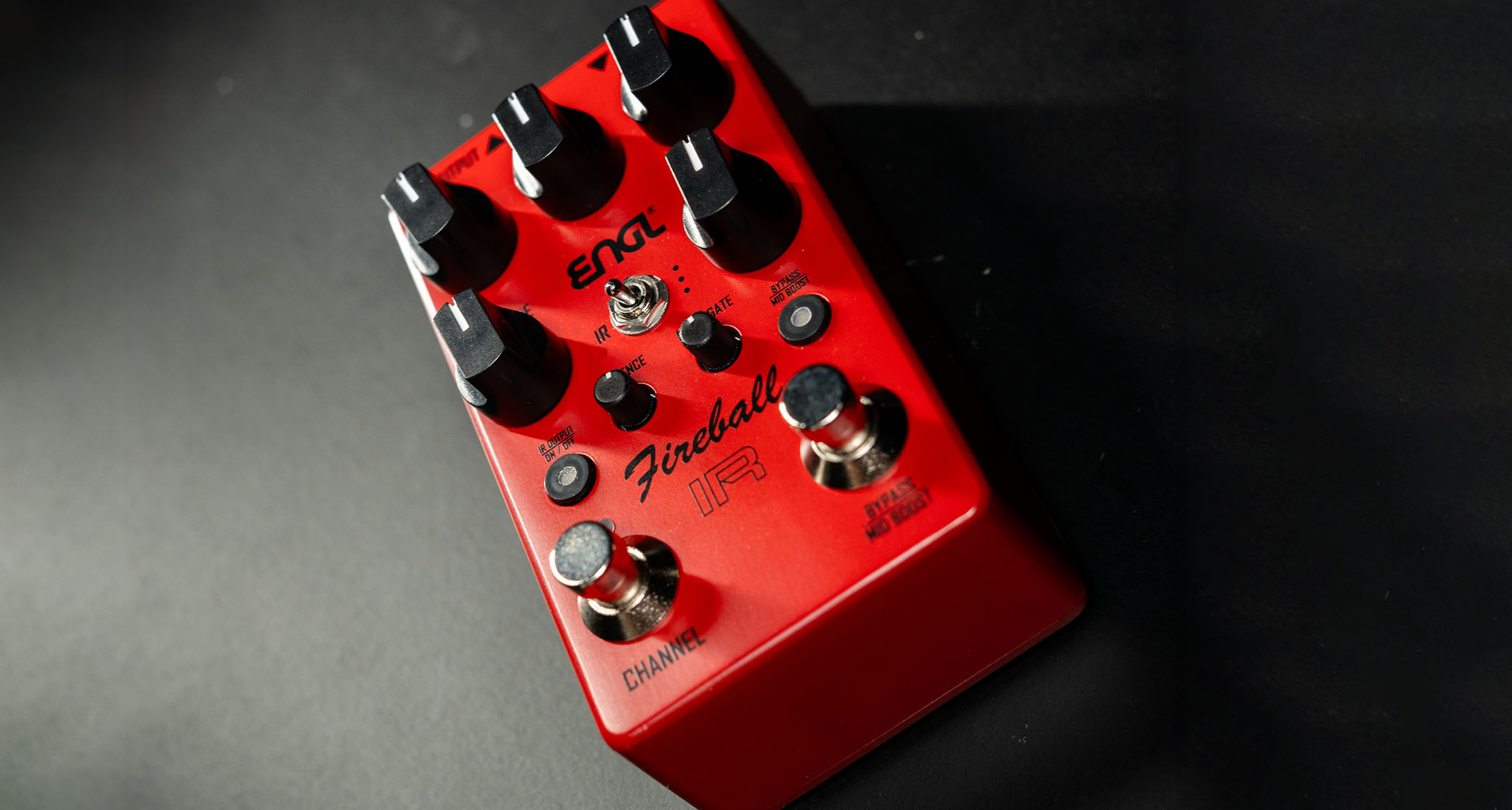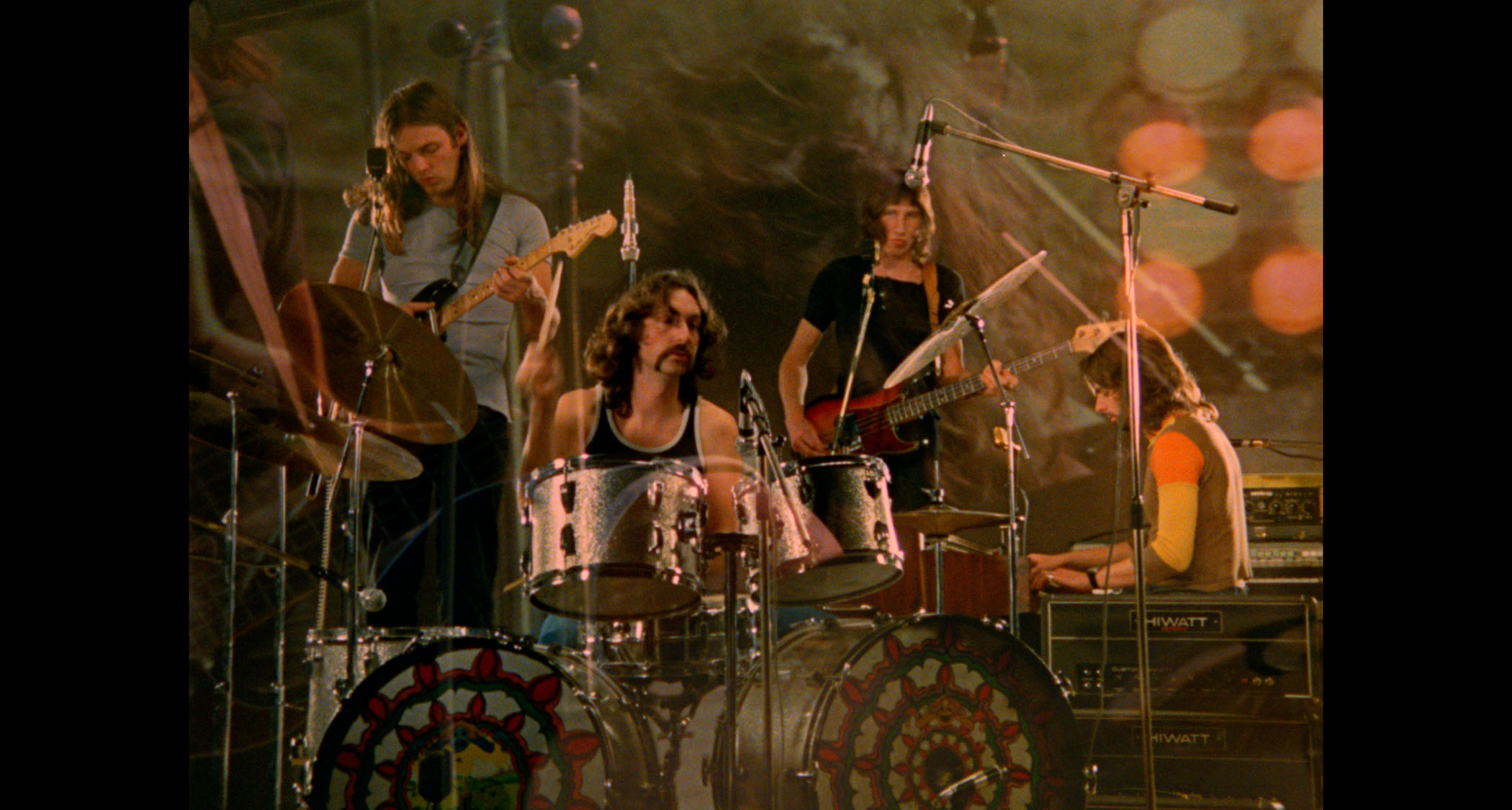Of Mice & Men talk Restoring Force
"There's a part at the end that sounds like chaos – and that's what it was."

Of Mice & Men talk Restoring Force
Over the last decade or so, metalcore has become the defining popular movement in heavy metal.
Most of the fastest rising acts in that time – from Bullet For My Valentine to Avenged Sevenfold and Bring Me The Horizon – have their roots in its rich soil. Orange County five-piece Of Mice & Men were born in the heart of it in 2009, but took many by surprise when their rampaging last album, The Flood, broke the Billboard Top 30.
Now, follow-up effort, Restoring Force shows a band rapidly outgrowing the scene that raised them. The breakdowns have been scaled down, and thanks to the encouragement of producer David Bendeth (Paramore, Asking Alexandria), long-held but lesser- heard rock and nu-metal influences have been brought to the fore.
MusicRadar spoke to guitarists Phil Manansala and Alan Ashby about the gear wars behind their Restoring Force tones, working with “mad scientist” Bendeth, and becoming a “f**king rock ’n’ roll band”...

Feelin' it
How did the success of The Flood affect your attitude towards the new album?
Phil: “It was actually kind of hard to write something that could battle with The Flood, so in our heads, when we were writing this new album, we felt that we had to step out of the comfort zone.”
Alan: “With The Flood we went a little bit heavier, a little bit more nu-metal and a bit more rock ’n’ roll in our approach to writing the riffs, and it gave us a lot of confidence to think that we can do more than just playing breakdowns. We can write riffs and actual parts, so I guess it also gave us confidence in our writing abilities.”
Which one of David Bendeth’s past records persuaded you he was the right choice of producer?
Phil: “I’m a huge fan of Breaking Benjamin, so him making those records [We Are Not Alone, Phobia and Dear Agony] back in the day, it was like, ‘Okay, we’ve got to go with that dude.’ If we didn’t work with him, this album wouldn’t have been the same; it would have been something safe and easy. He really pushed us to our limits.”
Alan: “The dude’s a mad scientist genius! I could go down a huge list of things that he’s done, but for me personally it was Breaking Benjamin, Papa Roach [Time For Annihilation] and Paramore’s Riot.”
Did your gear change for this album?
Alan: “This is the first album that we actually got to sit down and use real cabs and amps. With our last two, we’d do pre-production with live amps, but then when it came to the actual tracking, it was mostly POD Farm and plug-ins. With David, he’s got the SSL console, he’s like the real ‘feel’ guy. I can’t tell you how many different guitars we went through on each song just to get tones right – I must have played six or seven different heads and about eight or nine guitars.”
And your favourite guitars and amps?
Alan: “There was this Naylor head, which had a scooped midrange and sounded so good for metalcore riffs, and a modded-out Marshall JCM900 head called a Friedman, which was just awesome. I also got to use the baritone Les Paul Studio that Breaking Benjamin recorded their whole album with, so that was a really cool one for me. Then several of my ESP Eclipses, several Horizons...”
Phil: “We play a lot of active-pickup guitars, but David was all about using his classic gear, so we used a lot of his Gibsons. Every guitar [we brought in] he was like, ‘That’s weak!’ And I’d be like, ‘Yeah, f**k, you’re right...’ I got lucky with a couple of my guitars: I got to play two ESPs – my seven-string and then my Kirk Hammett-issue ESP, but I put the new James Hetfield EMG pickups in it. I was really happy about that because he hated active pickups, but when I brought that in, he finally liked it!”

Stepping up
Metalcore has a fairly limited palette of techniques and tones. Were you keen to explore new regions as players?
Phil: “I felt like we did enough of the metalcore stuff. I love that – all of the breakdowns and everything – but we’re a band that wants to keep moving forward. We always want more and we want to be better than everyone else in our scene, so trying rock-style songs was definitely something that we had to do.”
Alan: “The cool thing to me about the band has been that we can do lots of different genres – not pigeonhole ourselves to be a specific ‘metalcore’ band. We’re a f**king rock ’n’ roll band. We like rock music. There’s some metalcore aspects, there’s some nu-metal aspects, whatever, we just didn’t want an album that all sounded like the same song.”
Phil, how did you develop your playing as a lead guitarist?
Phil: “I went from the basics: I started learning older songs and different scales – and just relearning the guitar. I found ideas came out from listening to older songs that I loved. Would You Still Be There, that song was not a normal Of Mice & Men song. When you listen to it, you’re like, ‘Damn that’s like Papa Roach or Breaking Benjamin.’ Or a song like Identity Disorder, there’s barely any guitar in the verse, it’s just the bass part with guitar harmonics and a tremolo in the back.
“They don’t sound like [old] Of Mice & Men, but you can totally hear the band. Both were ones where everyone was like, ‘Jesus, what’s going to happen with these songs?’ But then two days before we finish the record, the guys knocked out the vocals and before you know it, they’re two of the best hits.”
Which guitar moment are you most proud of on Restoring Force?
Phil: “I did have one special moment. Dave was pissed at me – he always got underneath my skin just to push my buttons – it was on the song Another You, then I actually did it in one take. So I definitely pat myself on the back for that, because it was a difficult song to do. That’s the one that I think is the best, mainly because I got the nickname One-Take Phil!”
Alan: “For me, it was a Dunlop Cry Baby wah solo on Bones Exposed. I grew up loving Slash, so I’ve just always wanted to have a f**king Dunlop Cry Baby guitar solo. Everybody was like, ‘Yeah, I don’t really know...’ I was like, ‘Watch this!’ Then I had a few beers, went into the studio for two hours and came out with the solo and everyone was like, ‘Yep – we’re keeping it!’
“There’s also a cool moment on Public Service Announcement where there’s a lot of feedback and it kind of sounds like there’s a guitar just getting thrown around a room – and that’s literally what it was. Dave Bendeth came in and was like, ‘You’re not being f**king mean enough to that guitar!’ He took it out of my hand and was just bashing it up against the cab! So there’s a part at the end that sounds like chaos – and that’s what it was.”
The band will likely go on to bigger things with this record. Do you think you’re prepared for that, personally?
Phil: “We wouldn’t write the album if we weren’t. We didn’t go to the studio going, ‘We’re going to write these kind of songs!’ It just kind of came to us. We just write the music we like and we wrote catchier stuff. You never hope to be one of those Slipknots or Linkin Parks or Blink-182s. You want to be that band, but it’s up to the people and the music that we write.”
Alan: “Honestly? I don’t feel like I’m ever prepared for anything! I just take it as it comes. I feel like the band as a whole is ready. We love playing shows and we’ve been playing bigger shows with bigger bands, so hopefully yeah, that’s what will come with it. No band wants to come out with an album and have less people listen to it. So you could say we’re ready. Individually, I don’t think any of us is ready – we learn as we go, man!”

Hybrid Theories
LINKIN PARK
As with anyone lucky enough to own a set of baggy cords and a drop-tuned electric guitar in the Noughties, the band’s fellow Californians have had an enduring influence. Feels Like Forever’s super-punchy verse riffs are like Hybrid Theory-era Linkin on Lucozade.
DEFTONES
Space Enough To Grow – all minor arpeggios and drifting spacious delays – positively soaks itself in the critically lauded metallers’, err, digital bath. Elsewhere, Stef Carpenter’s more mountainous, rapacious riffing can be heard, albeit at a somewhat less red-eyed pace.
BREAKING BENJAMIN
Phil and Alan are both massive fans of the currently defunct US heavy rockers’ output. You’ll hear it in Alan’s chorus writing and Phil’s effects-laden lead tones on the likes of Break Free.
PAPA ROACH
Tracks like Would You Still Be There inherit Papa Roach’s God-given talent to rock all the nations, not to mention Jerry Horton’s knack for octave-spanning palm-muted riffs and pull-off-based upper-string lead embellishments.
SLIPKNOT
There’s certainly some ’Knot at work here: Glass Hearts channels the impressive intensity and chugging, percussive bounce of Iowa’s finest, whereas the rage and grimy riffing of Public Service Announcement gets pulses racing in a way not felt since the days of the dildo mask.
Matt is a freelance journalist who has spent the last decade interviewing musicians for the likes of Total Guitar, Guitarist, Guitar World, MusicRadar, NME.com, DJ Mag and Electronic Sound. In 2020, he launched CreativeMoney.co.uk, which aims to share the ideas that make creative lifestyles more sustainable. He plays guitar, but should not be allowed near your delay pedals.












